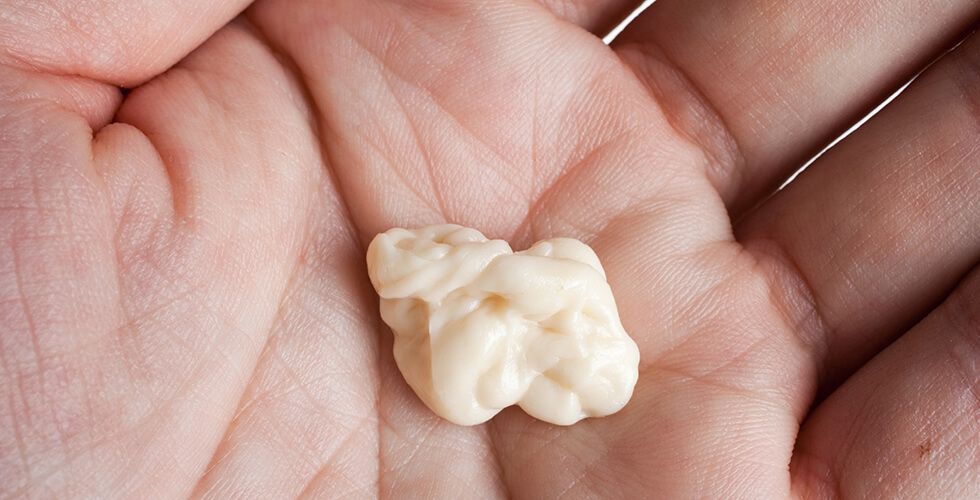
We’ve all heard the warning: “Don’t swallow your gum—it’ll stay in your stomach for seven years!” It’s a playground myth that’s been passed down for generations, but is there any truth to it? Short answer: no.
Chewing gum is made from a mix of gum base, sweeteners, flavors, and softeners. The gum base is designed to be chewed, not digested, which is why it doesn’t break down in your stomach the way other foods do. However, that doesn’t mean it lingers for years. Your digestive system is remarkably efficient at moving things along. Swallowed gum usually travels through your stomach and intestines mostly intact and exits your body within a few days—just like other non-digestible substances, such as corn kernels or certain vegetable fibers.
That said, swallowing gum isn’t a recommended habit. While a single piece won’t harm most people, regularly swallowing large amounts—especially in combination with other indigestible materials—can, in rare cases, cause a blockage in the digestive tract. This is more likely in children, who have narrower intestines.
The real issue with gum is less about digestion and more about what’s in it. Some gums contain artificial sweeteners like sorbitol or xylitol, which can cause bloating, gas, or diarrhea if consumed in excess. Xylitol, in particular, is highly toxic to dogs, so keep gum out of their reach.
The takeaway? If you accidentally swallow your gum, there’s no need to panic—it won’t set up camp in your stomach for years. But it’s still best to spit it out into the trash when you’re done. Your digestive system will thank you, and you’ll avoid any unnecessary risk of blockage.
Turns out, mom was half right: gum doesn’t stay forever, but it’s still better not to swallow it.

